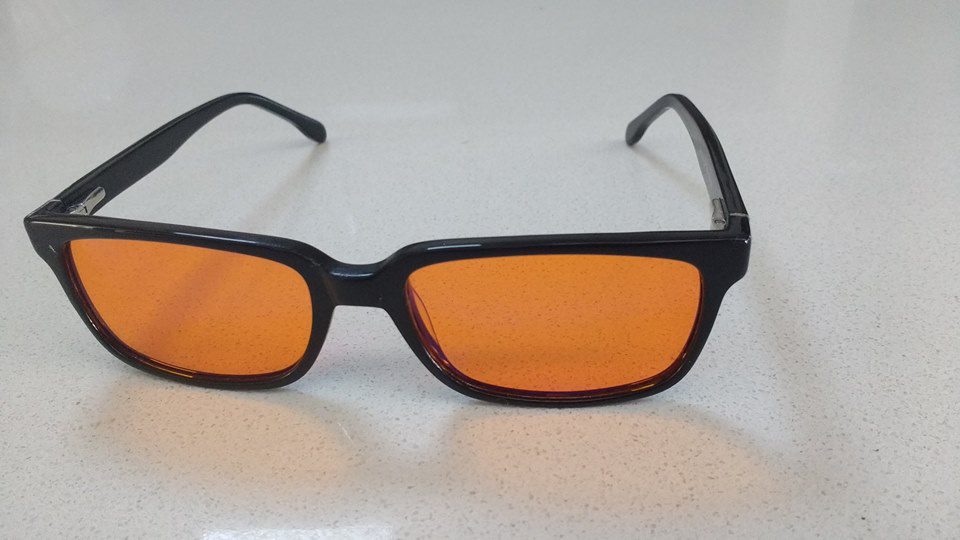Nothing affects health like sleep issues. A poor nights sleep immediately has an impact on your ability to concentrate, focus and problem solve. We need sleep to regenerate, to boost immunity, tissue repair and cleaning, to recharge. Our hormone production and regulation is keenly in tune with our ability to sleep, so if you have sleep issues managing this is vital to being a healthy human.
Follow these 5 steps and you will be well prepared and focused on a successful and healthy eating regime that will improve your health and sense of well being. If you would like further assistance and a little more support read this article and join a group Being a healthy you – make contact to join personal training or small group personal training that includes this clean eating approach – email or ring Jo 0409 862206
Awake at 4 am? That’s a really common sleep issue
Sleep issues include:
If your answer falls along the lines of:
- slow to get to sleep
- waking early
- waking regularly
- restlessness
- snoring and sleep apnea
- waking and not feeling refreshed
Light is the most important ‘ zietgeber’ for the system – and sleep issues are very much affected by light.
What’s a zietgeber? It is a naturally occuring cue to maintaining your circadian rhythm. Your circadian rhythm is your natural 24 hour wake / sleep cycle which is fairly set, but can be altered to fit in with lifestyle needs. However, changing your circadian rhythm does not happen overnight, and you’ll mostly always have a true natural tendency (think night owl / early bird tendency).
Solving sleep issues can be addressed by understanding the sleep hormones.
One of the magic balances that occur in the body is the balance between sleep hormone melatonin and awake hormone cortisol. By the end of the day we aim to have or levels of melatonin high and cortisol low, and conversely our waking levels should be cortisol high and melatonin low. This should be a naturally occurring phenomena and is most likely to happen when we live our lives as our ancestors did by reducing exposure to artificial light in the evenings (they had no un-natural light), with elements of relaxation, quiet times for the brain and most digestion well underway before we go to bed. In reality we are generally bathed in artificial light and this is often paired with an active mind (studying, working in the evening) with quite a reduced period of down time. Artifical light reduces production of sleep hormone melatonin because it contain blue light. So investing in blue light blocking glasses is one very simple starting point for improving sleep quality.
Good sleep Hygiene is needed to address long standing Sleep Issues
Please note blue light emits not only from computers, phones and other smart devices but also from our overhead lighting. Please watch our 10 minute video for more on this.
- regular exercise (but not just before bed)
- reduced caffeine intake particularly from mid afternoon
- not eating just before bed
- minimising alcohol consumption prior to bed
- relaxing activities with naturally dimming light – watering the garden, walking, having a candle lit bath
- dimming artificial light or replacing with red globes or OLED light fittings (O = organic)
- explore aromatherapy sleep scents such as lavender
- turning off screens, electronic devices, smart phones from twilight
- use blue light blocking glasses from twilight
Please note blue light emits not only from computers, phones and other smart devices but also from our overhead lighting. Please watch our 10 minute video for more on this.





